
AllQuestion and Answers: Page 529
Question Number 167416 Answers: 0 Comments: 3
Question Number 167445 Answers: 0 Comments: 0

Question Number 167404 Answers: 1 Comments: 0

Question Number 167443 Answers: 1 Comments: 0
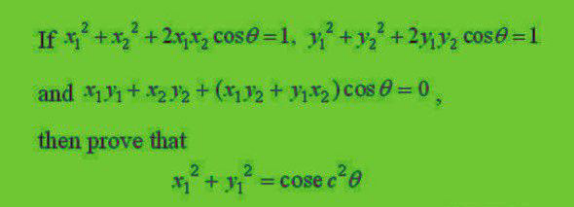
Question Number 167402 Answers: 0 Comments: 2
Question Number 167400 Answers: 2 Comments: 0

Question Number 167393 Answers: 1 Comments: 0
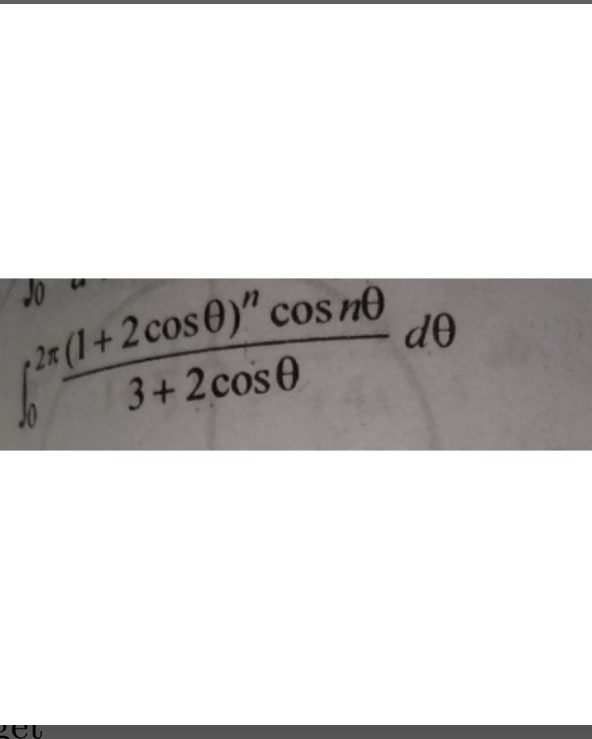
Question Number 167392 Answers: 2 Comments: 0
Question Number 167386 Answers: 0 Comments: 0
Question Number 167380 Answers: 0 Comments: 3
Question Number 167374 Answers: 2 Comments: 0
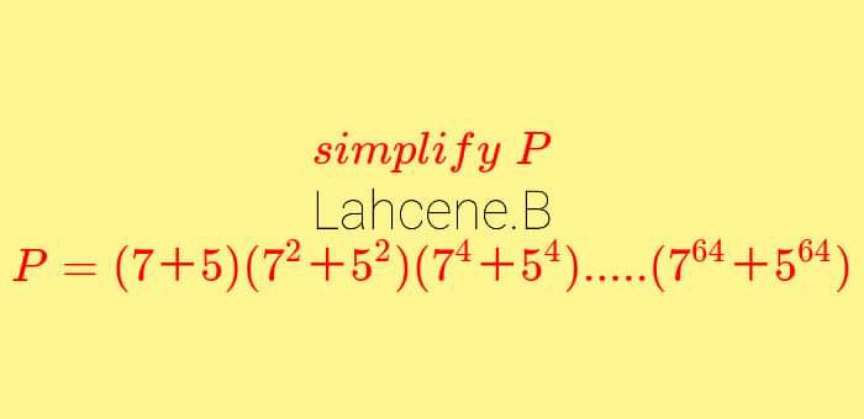
Question Number 167372 Answers: 1 Comments: 0
Question Number 167366 Answers: 0 Comments: 0
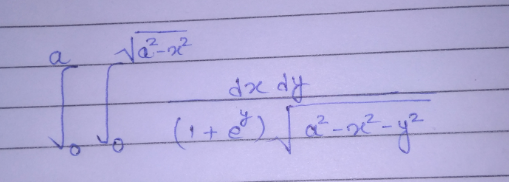
Question Number 167367 Answers: 1 Comments: 1
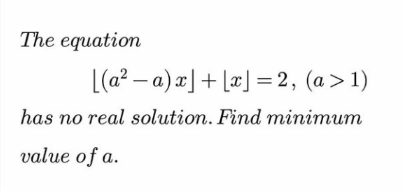
Question Number 167360 Answers: 1 Comments: 0
$$\int\frac{{dx}}{\mathrm{1}+\sqrt{{x}}+\sqrt{\mathrm{1}+{x}}} \\ $$
Question Number 167357 Answers: 1 Comments: 0
$${find}\:{n}^{{th}} \:{dervaiteve}\:{of}\:{ln}\left({cosx}\right)\:? \\ $$
Question Number 167355 Answers: 0 Comments: 4

Question Number 167350 Answers: 1 Comments: 0

Question Number 167339 Answers: 2 Comments: 1
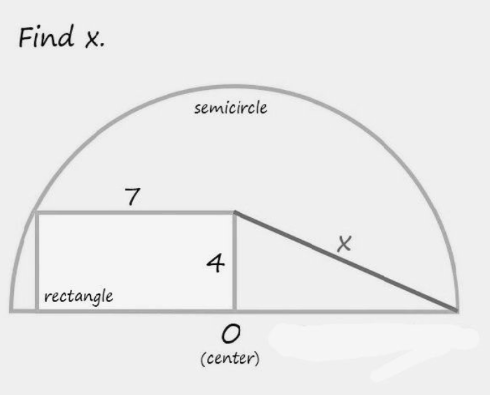
Question Number 167336 Answers: 1 Comments: 0
Question Number 167335 Answers: 2 Comments: 3
Question Number 167334 Answers: 2 Comments: 0
$$\:\:\:\:{b}^{{b}} .\mathrm{2}^{{b}^{{b}^{\mathrm{2}} } } \:=\:\mathrm{4}\:\Rightarrow{b}=? \\ $$
Question Number 167332 Answers: 1 Comments: 0
Question Number 167330 Answers: 2 Comments: 0
$${Calculate} \\ $$$$\int\frac{\mathrm{1}}{{x}+\sqrt{{x}^{\mathrm{2}} +{x}+\mathrm{1}}}{dx} \\ $$
Question Number 167328 Answers: 1 Comments: 0
Question Number 167324 Answers: 2 Comments: 0

Pg 524 Pg 525 Pg 526 Pg 527 Pg 528 Pg 529 Pg 530 Pg 531 Pg 532 Pg 533
